L-GLUTAMIC ACID GAMMA-(P-NITROANILIDE) HYDROCHLORIDE
Synonym(s):L -γ-Glutamyl-p-nitroanilide
- CAS NO.:67953-08-6
- Empirical Formula: C11H14ClN3O5
- Molecular Weight: 303.7
- MDL number: MFCD00039054
- EINECS: 267-944-5
- SAFETY DATA SHEET (SDS)
- Update Date: 2024-12-18 14:08:52
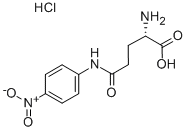
What is L-GLUTAMIC ACID GAMMA-(P-NITROANILIDE) HYDROCHLORIDE?
Description
L-γ-Glutamyl-p-nitroanilide (67953-08-6; GPNA) is a substrate for γ-glutamyl transpeptidase. GPNA is used for the determination of γ-glutamyl transpeptidase hydrolytic activity via spectrophotometric monitoring of p-nitroaniline released by the action of the enzyme on GPNA.1 GPNA has also been shown to be an inhibitor of glutamine uptake – solute-linked carrier family A1 member 5 (SLC1A5).2?Cellular uptake of L-glutamine (regulated by SLC1A5) is a rate-limiting step that activates mTOR and is, thus, an interesting cancer chemotherapy target.3
The Uses of L-GLUTAMIC ACID GAMMA-(P-NITROANILIDE) HYDROCHLORIDE
L-Glutamic acid gamma-(p-nitroanilide) is used in methods of treating cancers having a deregulated NRF2/KEAP1 pathway.
What are the applications of Application
L-Glutamic acid γ-(p-nitroanilide) hydrochloride is a substrate for gamma-glutamyl transpeptidase (GGT).
References
1) Meister?et al. (1981),?γ-Glutamyl transpeptidase; Methods Enzymol.,?77?237 2) Esslinger?et al. (2005),?N-gamma-aryl glutamine analogues as probes of the ASCT2 neutral amino acid transporter binding site; Bioorg. Med. Chem.,?13?1111 3) Nicklin?et al. (2012),?Bidirectional Transport of Amino Acid Regulates mTOR and Autophagy; Cell,?136?521
Properties of L-GLUTAMIC ACID GAMMA-(P-NITROANILIDE) HYDROCHLORIDE
| storage temp. | 2-8°C |
| solubility | Soluble in Water (up to 5 mg/ml). |
| form | solid |
| color | Off-white |
| Stability: | Stable for 1 year from date of purchase as supplied. Solutions in distilled water may be stored at -20° for up to 1 month. |
| EPA Substance Registry System | L-Glutamine, N-(4-nitrophenyl)-, monohydrochloride (67953-08-6) |
Safety information for L-GLUTAMIC ACID GAMMA-(P-NITROANILIDE) HYDROCHLORIDE
| Signal word | Warning |
| Pictogram(s) |
 Exclamation Mark Irritant GHS07 |
| GHS Hazard Statements |
H302:Acute toxicity,oral H315:Skin corrosion/irritation H319:Serious eye damage/eye irritation H335:Specific target organ toxicity, single exposure;Respiratory tract irritation |
| Precautionary Statement Codes |
P261:Avoid breathing dust/fume/gas/mist/vapours/spray. P305+P351+P338:IF IN EYES: Rinse cautiously with water for several minutes. Remove contact lenses, if present and easy to do. Continuerinsing. |
Computed Descriptors for L-GLUTAMIC ACID GAMMA-(P-NITROANILIDE) HYDROCHLORIDE
L-GLUTAMIC ACID GAMMA-(P-NITROANILIDE) HYDROCHLORIDE manufacturer
Anand Agencies
New Products
(S)-3-Aminobutanenitrile hydrochloride 4-Methylphenylacetic acid N-Boc-D-alaninol N-BOC-D/L-ALANINOL Tert-butyl bis(2-chloroethyl)carbamate 3-Morpholino-1-(4-nitrophenyl)-5,6-dihydropyridin- 2(1H)-one Furan-2,5-Dicarboxylic Acid Tropic acid 1-Bromo-3,5-Di-Tert-Butylbenzene S-2-CHLORO PROPIONIC ACID ETHYL ISOCYANOACETATE 2-Bromo-1,3-Bis(Dimethylamino)Trimethinium Hexafluorophosphate 4-IODO BENZOIC ACID 3-NITRO-2-METHYL ANILINE 1-(2,4-DICHLOROPHENYL) ETHANAMINE (2-Hydroxyphenyl)acetonitrile 4-Bromopyrazole 2-(Cyanocyclohexyl)acetic acid 4-methoxy-3,5-dinitropyridine 1-(4-(aminomethyl)benzyl)urea hydrochloride 2-aminopropyl benzoate hydrochloride diethyl 2-(2-((tertbutoxycarbonyl)amino) ethyl)malonate tert-butyl 4- (ureidomethyl)benzylcarbamate Ethyl-2-chloro((4-methoxyphenyl)hydrazono)acetateRelated products of tetrahydrofuran
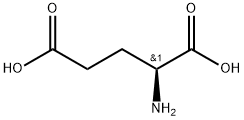

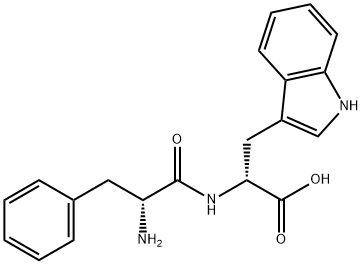
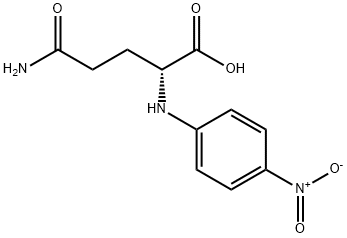
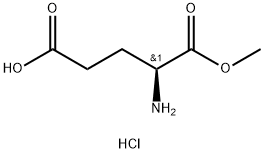
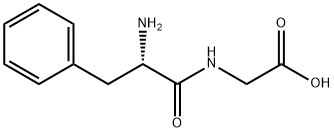
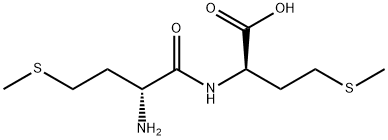

You may like
-
 L-Glutamic acid gamma-(p-nitroanilide) CAS 67953-08-6View Details
L-Glutamic acid gamma-(p-nitroanilide) CAS 67953-08-6View Details
67953-08-6 -
 L-Glutamic acid γ-(p-nitroanilide) hydrochloride CAS 67953-08-6View Details
L-Glutamic acid γ-(p-nitroanilide) hydrochloride CAS 67953-08-6View Details
67953-08-6 -
 1975-50-4 98%View Details
1975-50-4 98%View Details
1975-50-4 -
 2-HYDROXY BENZYL ALCOHOL 98%View Details
2-HYDROXY BENZYL ALCOHOL 98%View Details
90-01-7 -
 2-Chloro-1,3-Bis(Dimethylamino)Trimethinium Hexafluorophosphate 221615-75-4 98%View Details
2-Chloro-1,3-Bis(Dimethylamino)Trimethinium Hexafluorophosphate 221615-75-4 98%View Details
221615-75-4 -
 61397-56-6 CIS BROMO BENZOATE 98%View Details
61397-56-6 CIS BROMO BENZOATE 98%View Details
61397-56-6 -
 14714-50-2 (2-Hydroxyphenyl)acetonitrile 98+View Details
14714-50-2 (2-Hydroxyphenyl)acetonitrile 98+View Details
14714-50-2 -
 118753-70-1 98+View Details
118753-70-1 98+View Details
118753-70-1